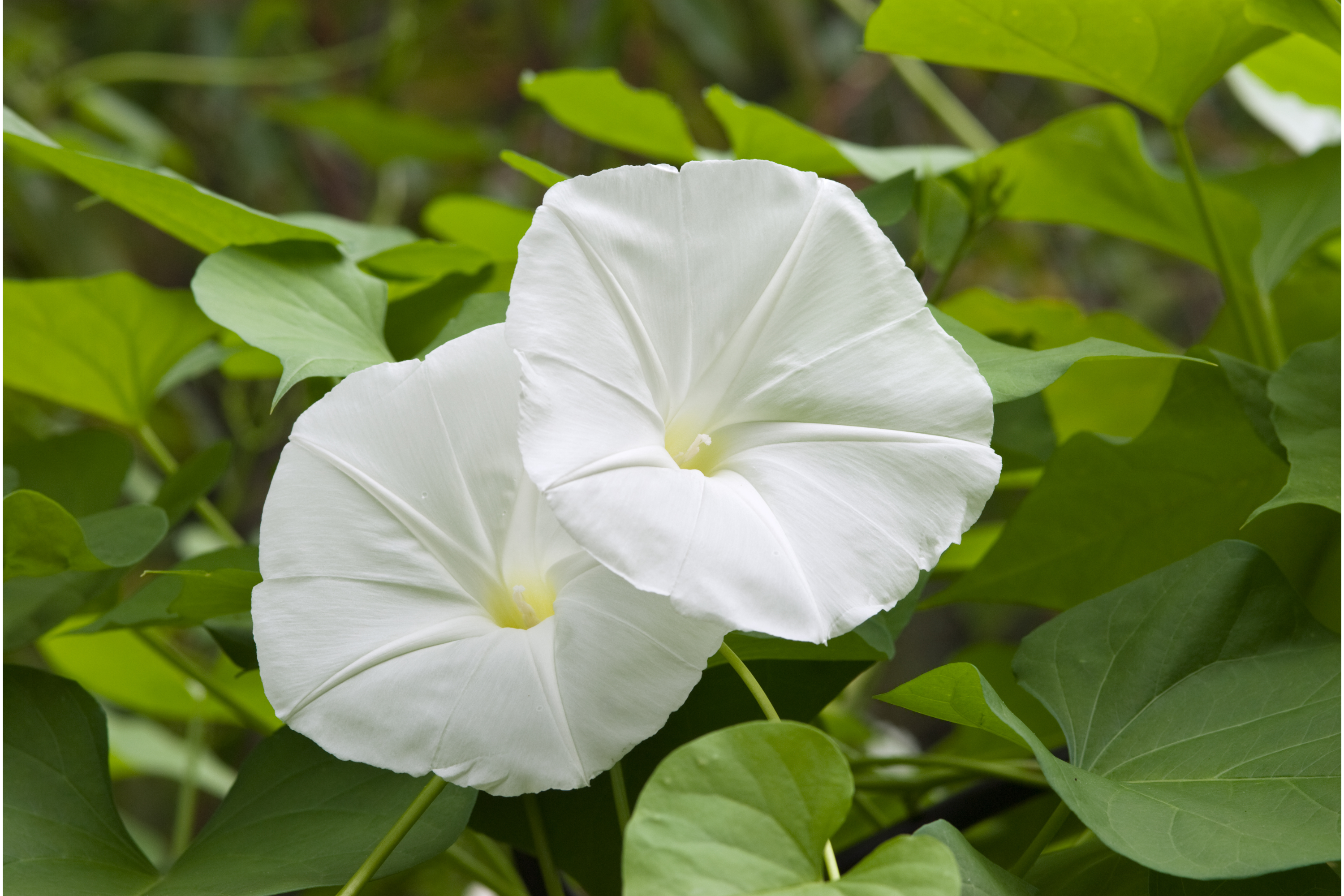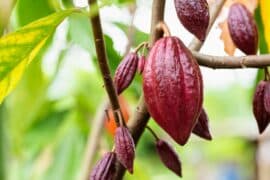White morning glory
(Ipomoea lacunosa)

Description
Ipomoea lacunosa, the whitestar, white morning-glory or pitted morningglory, is a species that belongs to the genus Ipomoea. In this genus most members are commonly referred to as "morning glories". The name for the genus, Ipomoea, has root in the Greek words ips and homoios, which translates to worm-like. This is a reference to the plant's vine-like growth. Lacunosa comes from a Latin word meaning air spaces, correlating with the venation of the leaves. Ipomoea lacunosais native to the United States and grows annually. The flowers of this species are usually white and smaller than most other morning glories. Since Ipomoea lacunosa is a native species to the United States, the plant can be found in multiple areas throughout the country. Ipomoea lacunosa occurs in almost every state on the east coast, as well as some states in the Midwest, and California. The states that the whitestar potato can be found in are as follows: Alabama, Arkansas, California, Washington D.C., Delaware, Florida, Georgia, Iowa, Illinois, Indiana, Kansas, Kentucky, Louisiana, Massachusetts, Maryland, Montana, Mississippi, North Carolina, New Jersey, New York, Ohio, Oklahoma, Pennsylvania, South Carolina, Tennessee, Texas, Virginia, and West Virginia. This species was also introduced to Canada and lives successfully in the province of Ontario. Although this plant grows rapidly, its tendency to be invasive is rather small in comparison to other members of the genus. Ipomoea lacunosa occurs in a variety of habitat types, including disturbed areas, It grows on prairie, riverbanks, lakeshores, and roadsides, and in cultivated and abandoned fields and meadows. Insects associated with the plant include bees such as bumblebees, Melitoma taurea, Peponapis pruinosa, and Cemolobus ipomoea. The larvae of the plume moth Emmelina monodictyla feeds on the foliage, and it is host to several tortoise beetles. The stalks of the plant that bears flowers is rough and usually has 1-3 flowers. The funnel-shaped flowers of the plant are normally white, but on rare occasion the flowers can be light purple or pink.
Taxonomic tree:







